 This article was endorsed by the SMEs at Land Combat College
This article was endorsed by the SMEs at Land Combat CollegePeak state management refers to the strategic practice of optimising mental and physical performance to achieve the highest level of effectiveness in critical situations, such as combat. This article provides you with techniques and strategies for managing stress, maintaining focus, and enhancing resilience through methods like controlled breathing, Progressive Muscle Relaxation, positive self-talk, visualisation, and reframing. These techniques will help you stay calm under pressure, make quick and accurate decisions, and improve reaction times and situational awareness. Overall, effective peak state management will increase your chances of survival in high stress environments.
Arousal and performance
Stress is not always a bad thing and a certain level of arousal is needed to reach peak performance. The danger is when the demands of a task outweigh our perceived ability to cope with the demands. The ratio between task complexity and skill needs to be evenly matched for peak performance. The techniques below are some simple ways to start the process of hard wiring peak performance into your daily routine.
To achieve peak performance, you must master four core skills:
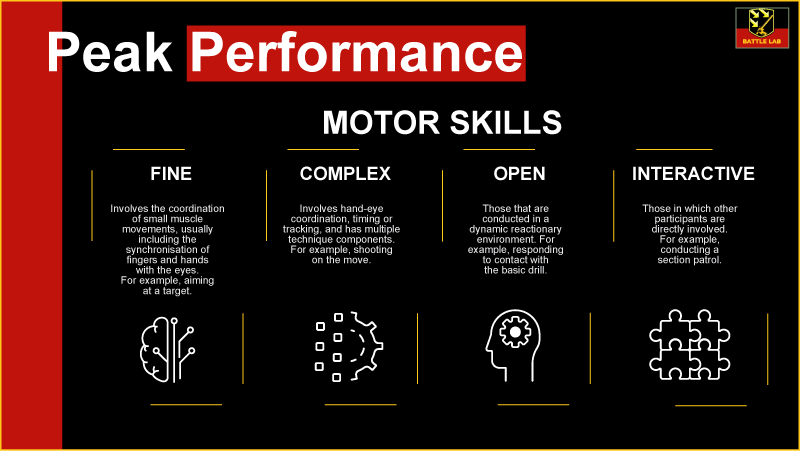
Combat breathing
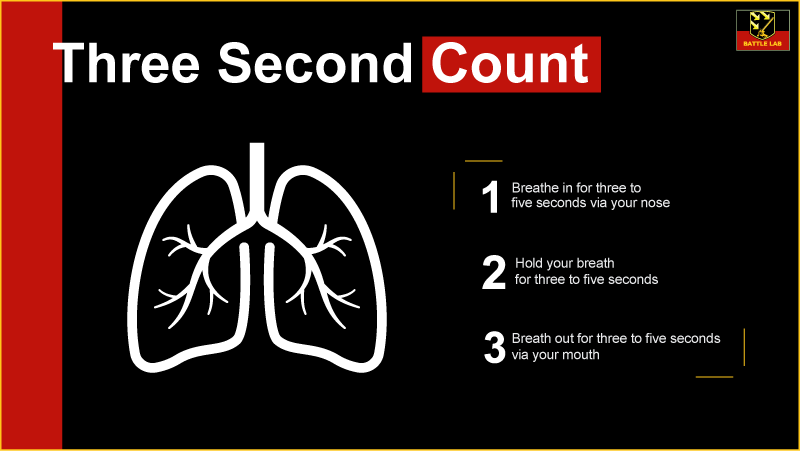
Combat breathing is a simple technique that directly impacts our HR by controlling our respiratory rate. Using this breathing technique to lower our heart rate will in turn allow us to think clearly, solve problems, and improve our motor skill performance.
Progressive muscle relaxation
Combat breathing and muscle relaxation can lower stress. Sometimes, though, this alone will not be enough to produce a deep level of relaxation, or to relieve severe stress.
Visualisation and focus
Visualisation stimulates the same portions of our brains that are utilised during the actual physical performance of the skills. In any skill that has a clear pattern of steps, mental rehearsal of these steps will improve your performance. For example, a boxer, when shadow boxing, is imagining an opposing fighter and how they will counter that opposing fighter’s attacks.
Reframing
When we are struggling or we fail in something, our thoughts can turn negative. This can undermine our control of the situation, our abilities, and our future performance.
To avoid falling into the trap of interpreting our setbacks to be permanent, pervasive, and personal – we can reframe our perception of setbacks from negative to positive.
Conclusion
Having an understanding of the physiological and cognitive factors that have an impact on performance in both training and in combat can help us to recognise and control the negative effects of the stress response. The above techniques are some quick and easy ways to allow you to take control of the effects of stress, and even use this heightened state to your advantage. Start adding these into your daily training schedule.








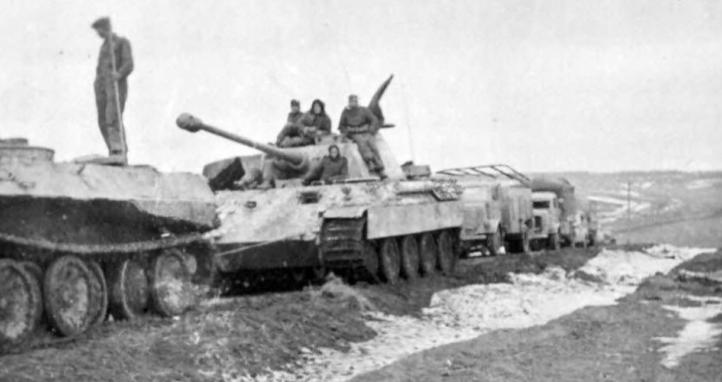

This was exactly what Army Adventurous Training Wing taught soldiers before it was shuttered. Not only did it teach them self-regulation skills, it gave them novel environments of real risk to practice and develop these skills as well as understand themselves and their teams in these real consequence situations.
Great article and good to see the knowledge retained and still being used!